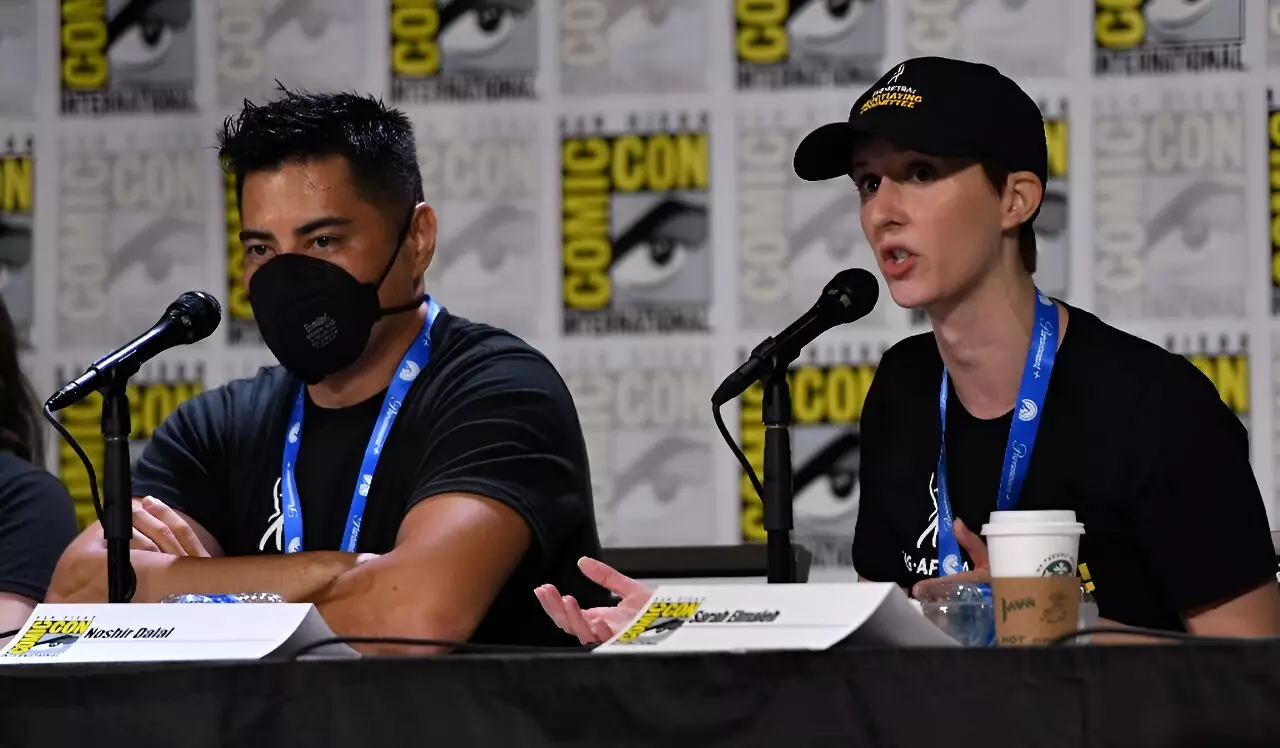The use of artificial intelligence (AI) has caused quite a stir in Hollywood, leading to strikes by actors who feel that their work is being undervalued. Last year, the Screen Actors Guild (SAG-AFTRA) went on strike due to issues related to AI in the film industry, and now, they have initiated another walkout, this time focusing on the video game sector. The gaming industry, which generates over $100 billion annually, heavily relies on AI to create realistic characters through the use of actors’ voices and movements. The ongoing strike against major gaming companies such as Activision, Disney, Electronic Arts, and Warner Bros. Games highlights the challenges faced by actors in this technologically-driven field.
Negotiating with technology companies has proven to be difficult for SAG-AFTRA representatives, as these companies often perceive actors as mere “data” rather than skilled performers. This mindset has resulted in disagreements over compensation and consent for actors whose work is used to develop game characters through AI. The lack of dedicated full-time negotiators and a culture of secrecy within the video game industry have further complicated the situation, causing frustrations on both sides.
One of the key concerns raised by the union is the exploitation of AI by gaming companies to bypass actors’ rights and payments. With the ability to blend multiple performances from different actors, companies can create “new” voices and movements without the actors’ explicit consent. This manipulation of generative AI makes it challenging for actors to claim ownership of their work, leading to a lack of recognition and financial compensation. The use of loopholes in negotiations to exploit AI technology has become a major point of contention in the strike.
The strike has significant implications for voice actors like Lindsay Rousseau, who fear that their jobs are at risk due to the increasing reliance on AI. Supporting characters, non-player characters (NPCs), and creature voices are all roles that could potentially be replaced by AI-generated content, leaving many voice actors struggling to find work. Without adequate protections in place, voice actors at the lower end of the industry may face financial instability, while only a select few renowned actors continue to thrive in the AI-dominated landscape.
The ongoing strike and the issues surrounding AI in the video game industry suggest a need for greater awareness and advocacy for actors’ rights. As technology continues to advance, it is crucial for industry stakeholders to address the challenges posed by AI in a fair and transparent manner. The union’s efforts to protect actors from exploitation and ensure proper compensation highlight the importance of upholding ethical standards in the ever-evolving gaming sector. By standing together and advocating for their rights, actors can create a more equitable and sustainable future for themselves in the age of AI.


Leave a Reply